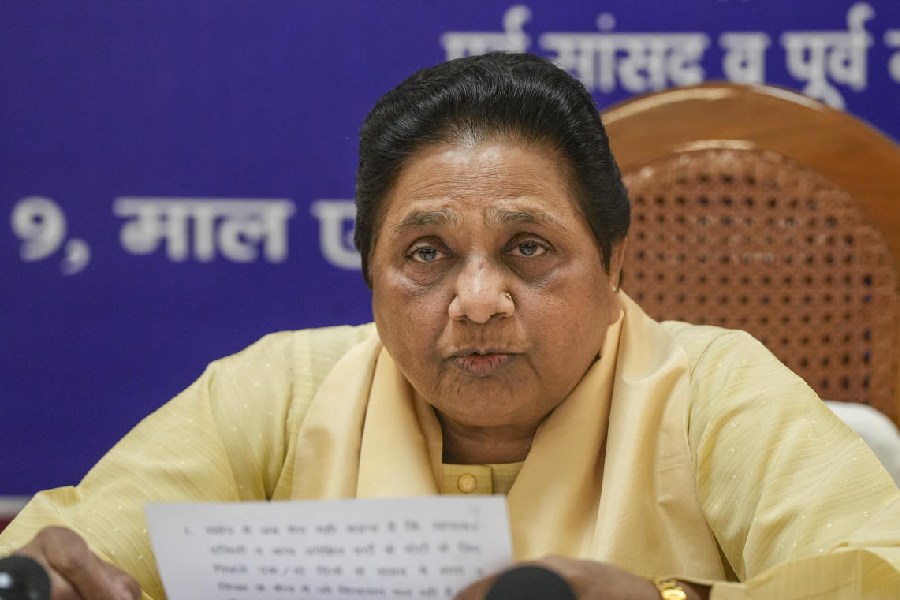The principle of Enlightenment, a British writer had observed wryly, encourages one and all to think about themselves. It is possible that the prime minister’s ‘enlightened’ intervention, which has paved the way to repealing the three contentious agricultural laws — farmers from Punjab and western Uttar Pradesh had been protesting against these for a year — does not stem from an altruistic heart. Indeed, political calculations may have opened Narendra Modi’s eyes, at long last, to the proverbial light. There has been mounting concern that the Bharatiya Janata Party may have to pay a political price in the upcoming assembly elections, especially in Uttar Pradesh and Punjab, for the obduracy of Mr Modi’s government, which had refused to pay any heed to the long and courageous protest by the farmers. The BJP’s poor performance in some states in the recent by-elections had added to the party’s nervousness. Repealing the legislations, the BJP is hoping, would also brighten its electoral prospects in Punjab where the party is likely to ride piggyback on the old warhorse, Amarinder Singh.
There is merit in a cynical interpretation of Mr Modi’s benevolence. In the course of the past several months, his government had tried every trick in the book to malign the farmers’ movement. The right-wing ecosystem, with the help of the supine media, had been activated to demonize farmers who were insulted with such epithets as ‘Khalistanis’ and ‘anti-nationals’. Hundreds of farmers perished in the course of the protest; yet, neither Mr Modi nor his government uttered a word in condolence. A BJP minister, whose son has been accused of mowing down farmers, is yet to atone for the alleged crime. Mr Modi’s apology to the people — has the puffed-out chest shrunk a bit? — thus comes too late in the day. In fact, his admission of the government’s failure to ‘convince’ farmers about the noble laws sounds farcical in the light of the fact that the legislations were introduced without adequate consultation with key stakeholders, including the farmers themselves. It remains to be seen whether the prime minister’s belated concession is enough to erase the bitterness of protesters who endured the full might of State repression.
Democratic, pluralist India owes a great debt to the protesting farmers. At a time when the vanguards of democracy are capitulating to the might of an authoritarian, albeit elected, regime, the farmers, sons of soil in the truest sense, have reminded the nation that meaningful transition can be kindled yet by peaceful, public protest. The manner in which the farmers dodged the numerous traps of provocation laid by Mr Modi’s dispensation and remained steadfast in their pursuit of their goal was extraordinary. Those who continue to oppose the design to turn a pluralist, heterogeneous republic into the horror of majoritarian autocracy would take heart from this victory of the people over their government. Vox populi, India’s farmers have shown, is yet to be muted. It is now the responsibility of other constituencies — the Opposition, the middle class, students, workers, labourers — to forge a durable solidarity with farmers to raise this wondrous voice further.










